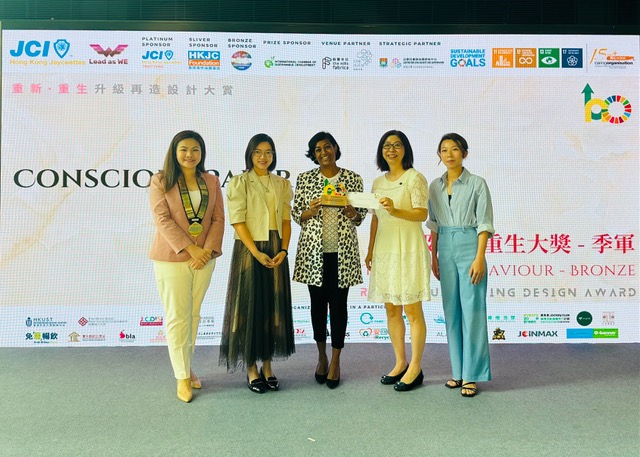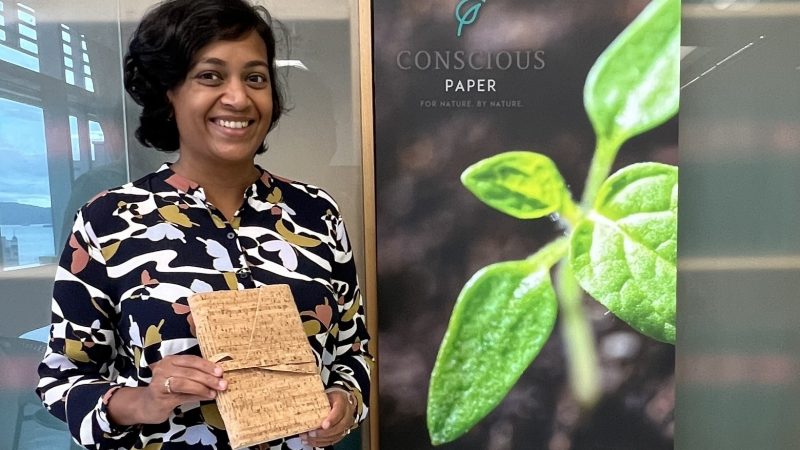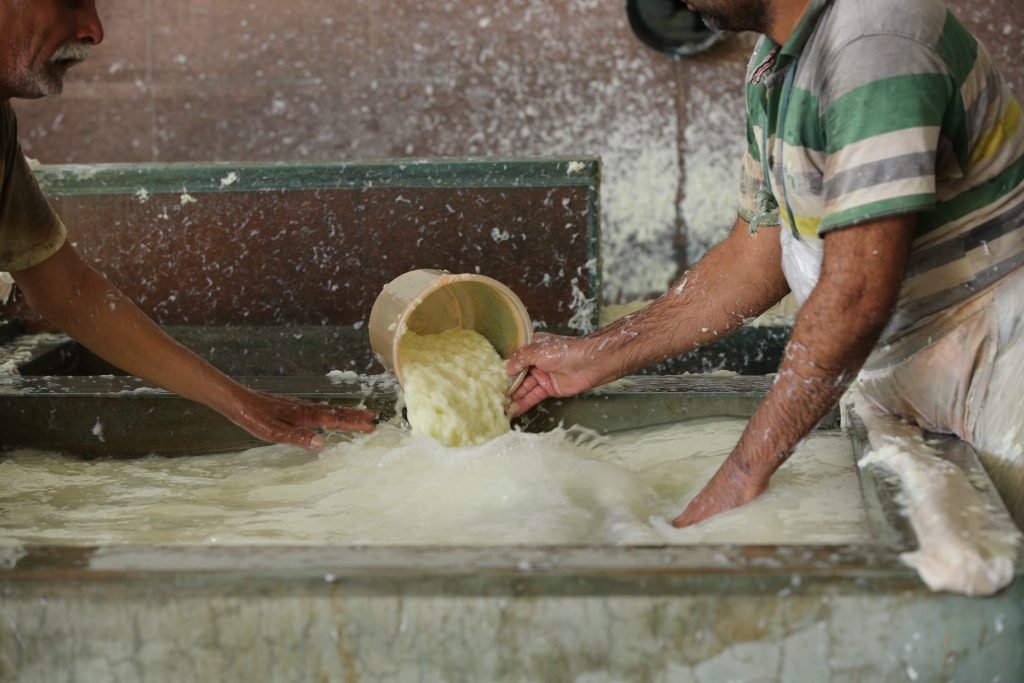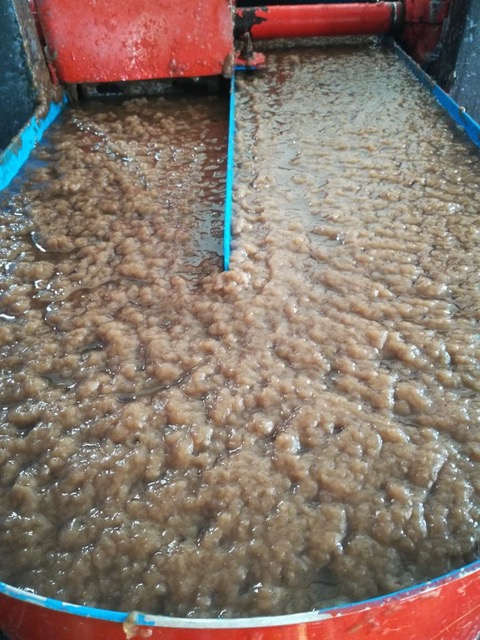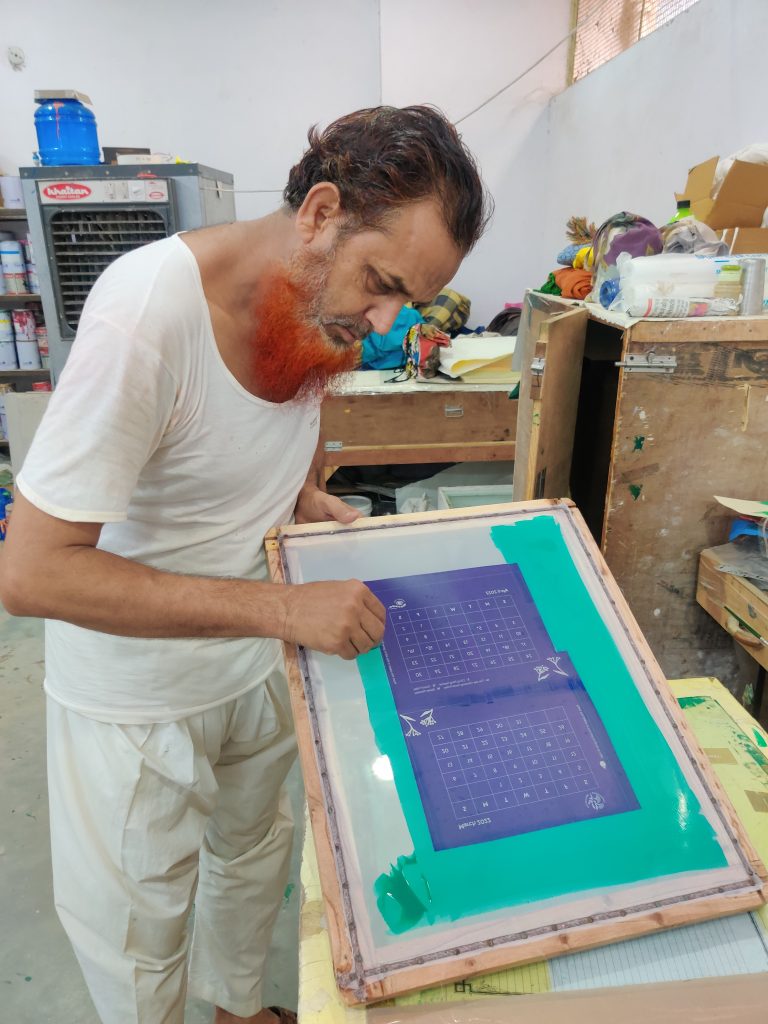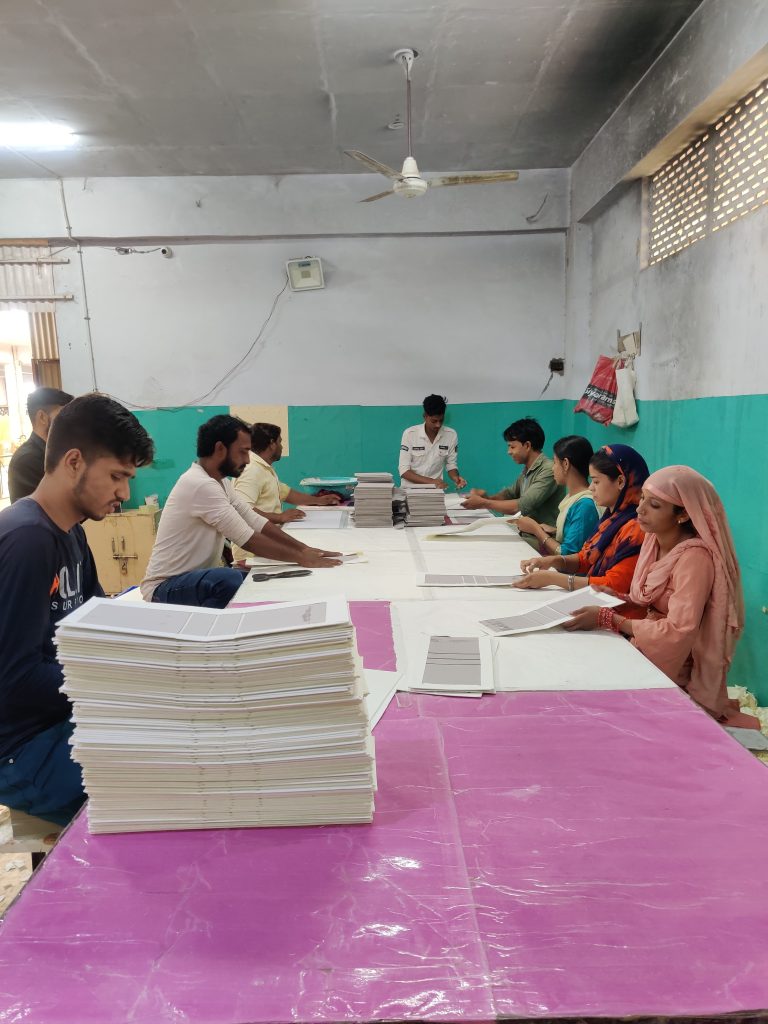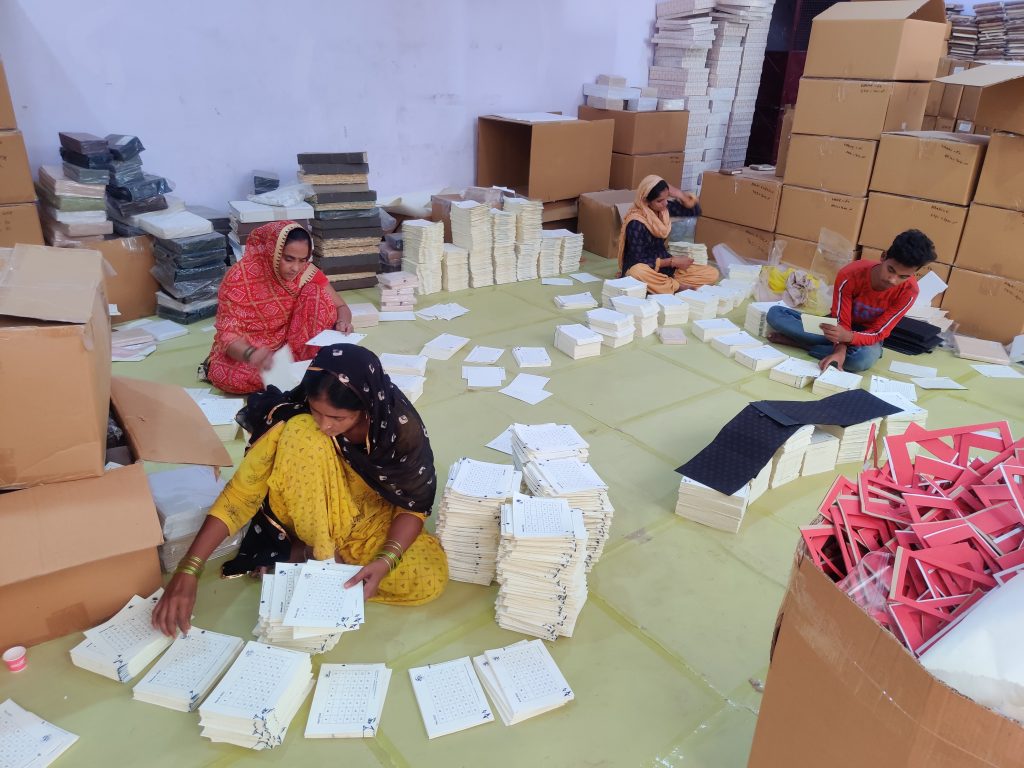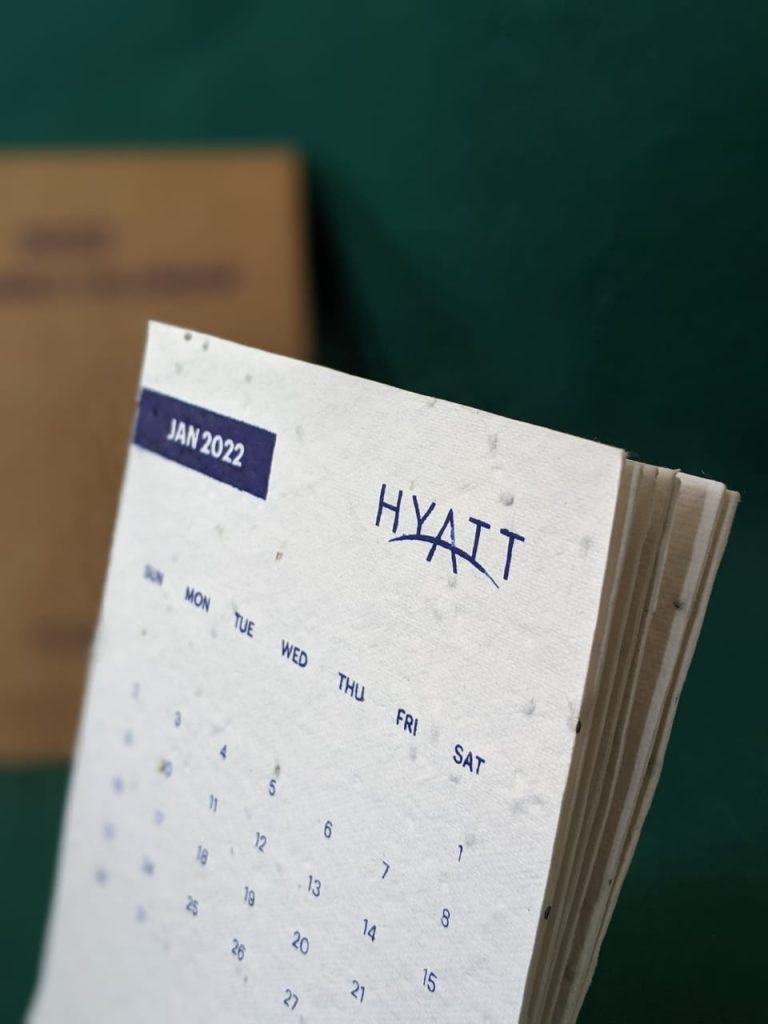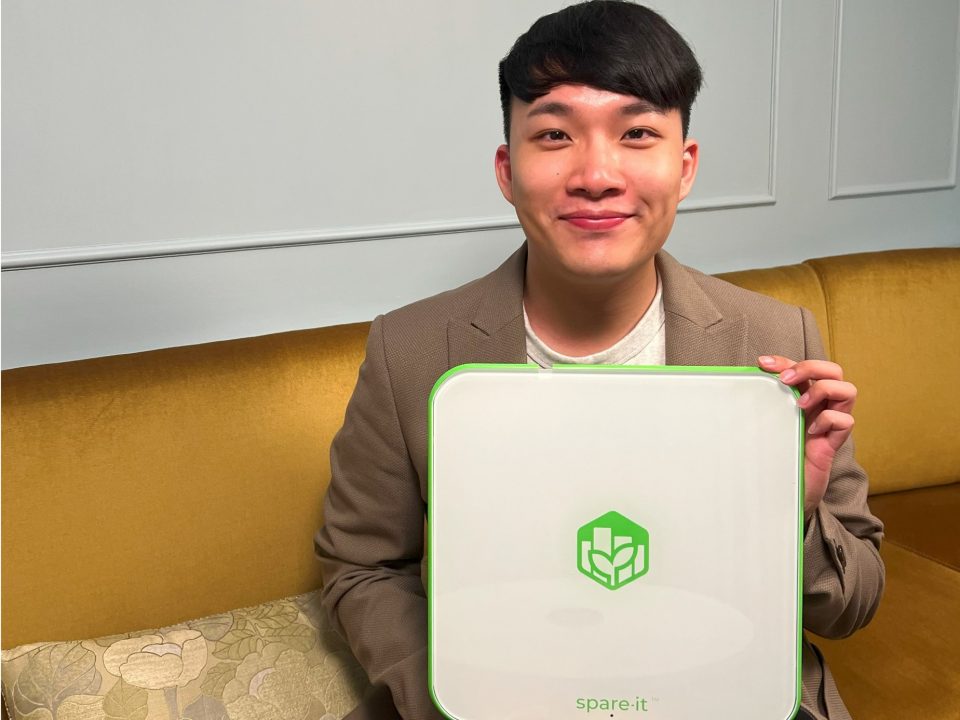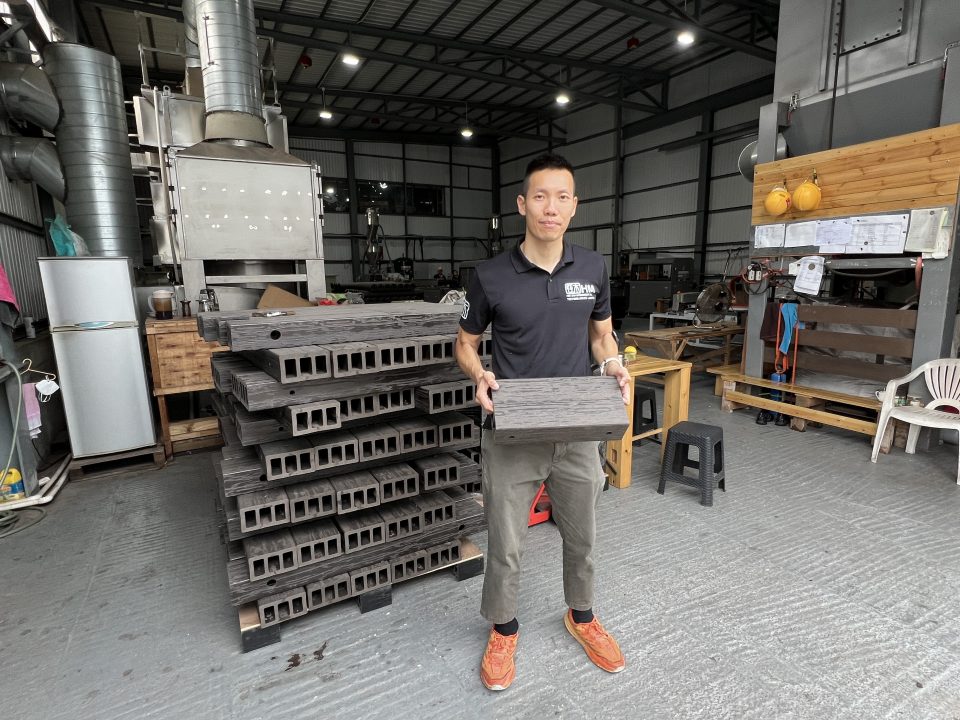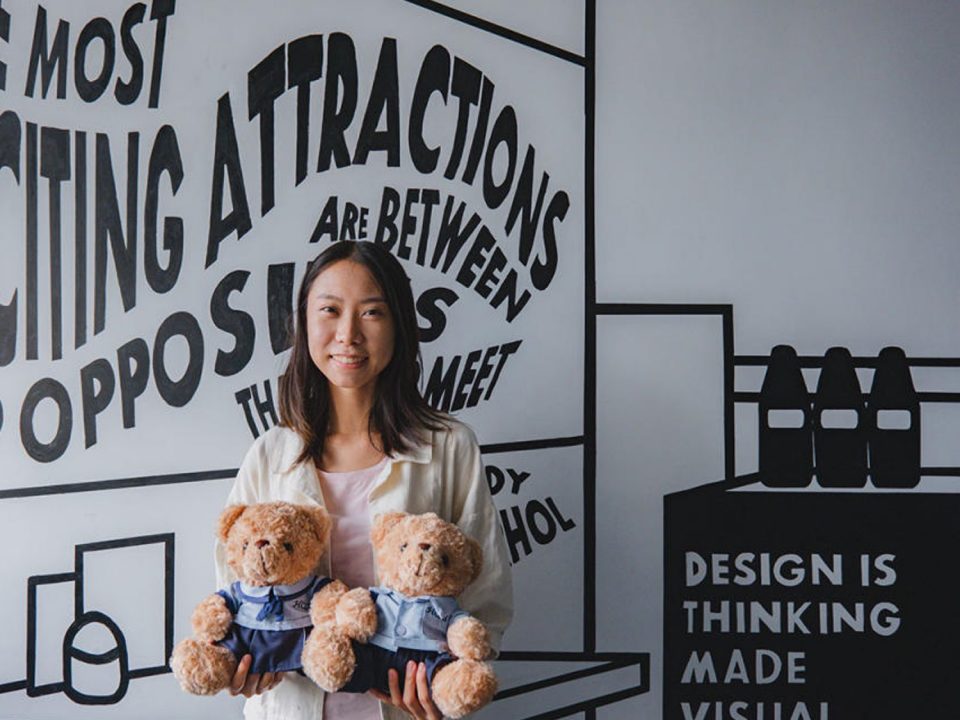
Negawatt Utility Limited: Lighting Up the Future through Enabling Energy Conservation and Changing Behaviour with Technology
November 16, 2023
Muuse on a Cuppa of Holistic Circularity through the Reusables Rental System
January 12, 2024Conscious Paper: Turning Trash into Treasure with Handmade Paper Renaissance
Paper, so lightweight and trivial. But money is paper aside; behind every product is an industry, and behind every industry is the livelihood of countless people.
As a result, Polly doesn’t take paper lightly. In fact, the former J.P. Morgan i-banker established a paper business, during the peak of pandemic. The business idea originated from her encounter of elephant poop paper.
“I love travelling, you know. I always have this innate curiosity inside me,” said Polly. “During one of my family visit trips in India and Sri Lanka, we came across one of the manufacturers of elephant poop paper. I visited their factories, saw how everything was being manufactured, and got to meet the owner. It really struck me as a beautiful story of what they are doing.”
“I started diving deeper and found and met some manufacturers in India. Combining my passion for adventure with my desire to make a positive impact, I decided to quit the financial world, started Conscious Paper, and never looked back since then.”
| Founded in 2020 by former investment banker Palak Shah Setunga (known as Polly), Conscious Paper is a sustainable handmade paper brand dedicated to fostering sustainable living so that our future generations can enjoy the planet as we have. Through ever-evolving sustainable and customised solutions in the form of stationery and packaging, the brand hopes to strategically influence the United Nations Sustainable Development Goals (UNSDGs), including Goal 1: No Poverty; Goal 2: Zero Hunger; Goal 8: Decent Work and Economic Growth; Goal 10: Decent Work and Economic Growth; Goal 12: Responsible Consumption and Production; Goal 13: Climate Action; Goal 15: Life on Land; Goal 17: Partnerships for the Goals. Currently serving the Hong Kong market, the company pursues opportunities to solve societal and environmental challenges through business innovation and collaboration. The brand’s mission is to identify new materials to replace existing paper, thereby, reducing the burden on trees; make innovative and functional products out of sustainable paper, and educate associates and clients in implementing sustainable goals for their organisations, to promote conservation of forest, encourage wildlife growth and stimulate rural employment in developing countries. |
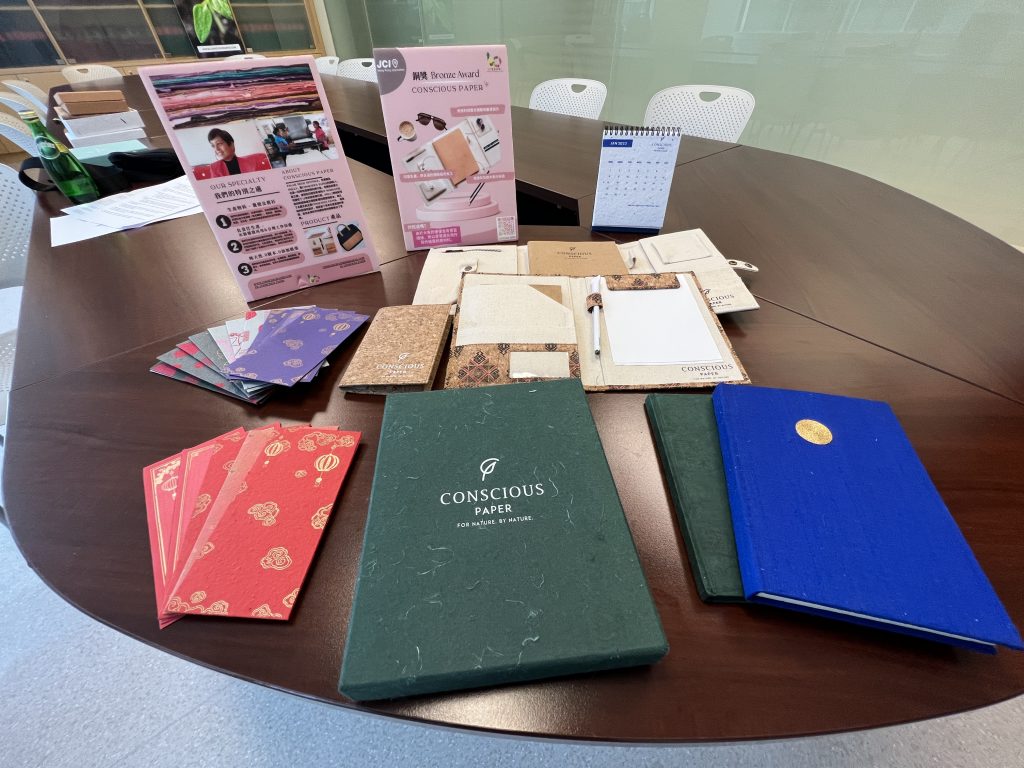
Be the Strongest Link between Suppliers and Customers, All by Supply Chain Transparency
[Customer Supplier Relationship]
Conscious Paper offers sustainable and customised solutions in the form of stationery and packaging. Currently, there are 14 types of upcycled, handmade paper made from textile waste, agricultural waste and animal waste that are 100% tree-free, chemical-free, acid-free, and fully biodegradable.
Adopting a B2B business model, Conscious Paper partners with manufacturers and logistics companies to ensure that all products are responsibly sourced and sustainably made in India and Sri Lanka to fulfil the company’s mission. How does it work?
“On the supplier side, I conduct research on the manufacturers. I personally travel and meet each manufacturer face-to-face, speak to them about my thoughts and objectives, and know about their business and the work environment. I visit the local villages, the corn and cotton farms, as well as textile factories where we collect the textile waste and make it into paper. I see the whole process of how things happen, including what new machinery has come in, what are the new products they are working on. We try to follow the United Nations Sustainable Development Goals (SDGs) as much as possible, but for sure, every manufacturer must have their certifications, such as, for my brand, the ISO and MSME Certification, lab-tested germination certificate for the seed paper, and lab-tested certification for the elephant poop paper,” added Polly. “Once the product is made, I personally conduct quality control checks. I also have someone based in India to assist in this process.” “On the client side, of course the client would like to know whether the products really are sustainable,” Polly explained. “It’s not just telling them how many trees or textile waste saved. We’d show them the whole product life cycle, from raw material extraction to the finished product. For example, with L’Occitane as one of our clients, we shared photos and videos showcasing the production of their paper calendars. To ensure supply chain transparency, we gather accurate and detailed data from the manufacturers, and share the audit reports regularly with our clients. Occasionally, third party verifications are involved because the clients want to send their own audit team [to inspect the condition].”
Going from B2B to B2C for the Change in Human Behaviour
[Innovation]
Instead of dismissing the UNSDGs as lofty principles, Polly personally sees them as an opportunity to contribute to global development and create a positive change. Conscious Paper, the brand she represents, has explicitly stated their mission as encompassing eight SDGs. Polly ensures that these goals remain at the forefront of her business practices, “For example, SDG 1 is No Poverty. All our manufacturers are in India and Sri Lanka, which are developing countries. So, by bringing in business opportunities to manufacturers, unskilled labourers like villagers and women get to work, even if it’s just a little bit of work. Even in the simplest tasks like scooping elephant poop.”
And the brand’s iconic product, elephant dung paper, is bigger than a big media story title. “It aligns with SDG 15, Life on Land, by promoting the preservation of wildlife and fostering human and animal coexistence. Sri Lanka is a small little country, where space is limited. The elephants always get into the farms, and humans always think elephants are going to destroy the farms. There was always the tension between animals and humans,” elaborated Polly. “But by this paper, humans are realising that elephants are important, a source of income, so we should conserve the way they live. And elephants are realising, on the other hand, that humans are being nice.”
Polly believes that instigating mindset shift is crucial. The biggest challenge lies in changing the general public’s perception rather than customers’ attitudes. Take the CNY lai see, or red packets, for instance. Disposal of lai see to landfill is a major concern every year. Polly tried to promote their completely biodegradable seed paper with much friction, “You can grow it into a plant, growth is auspicious; it’s a good story, but people would say “but the texture is rough, not smooth, and not shiny.” Polly understands it is a deep-rooted culture going on for generations, but reducing lai see waste is now one of her biggest goals for Hong Kong.
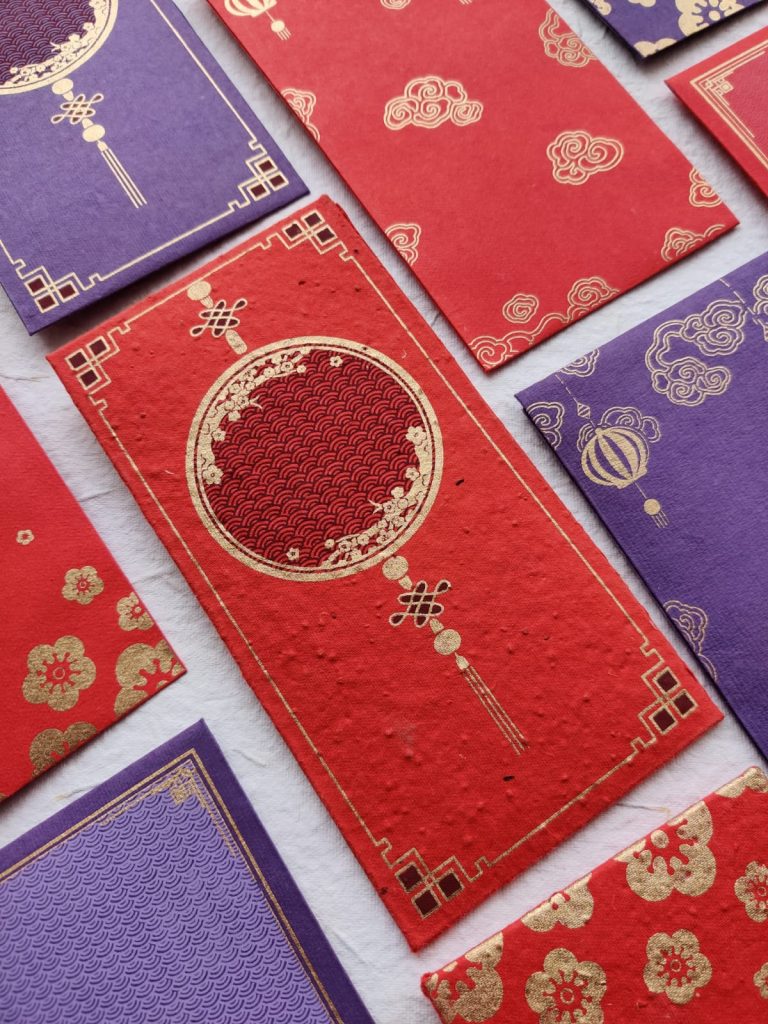
To this end, Conscious Paper is now diversifying its business model to B2C (business-to-consumer). “Education is one strategy,” said Polly. “B2B (business-to-business) was the business model that I followed because that’s where the quantities and revenue come in, but instilling sustainability value in consumers, especially children from a younger age is crucial, in making them eco-warriors. I’ve decided to start off with subscription boxes where each box is made with our paper and will teach the child about how that paper is made. It’ll be an interactive box, like with a QR code, so the kid could scan and see a video of how the paper is made, or, say, have a chance to probably adopt an elephant. The parents could get involved, too, like help give the kids some little activities to go collect trash and then make it into paper.”
To educate, or convince corporates and large brands, however, is another story. The entrepreneur admitted, “It’s difficult because going through an organisation, you must go through quite a few levels of approval before they say yes. I’m now focusing on the cosmetics and hotel industry, where unique customer experience, rather than merely costs, is deemed important. Schools, financial institutions like Morgan Stanley, and international organisations like WWF and even UNEP, too. I’m going to go big because once a big brand gets involved, it’s easier to inspire others to follow suit.” With the vision to turn Conscious Paper into the face of everything that’s eco-friendly, and the one-stop shop for organisations seeking ESG options and sourcing, Polly is exploring the chance of adding new types of products to their catalogue, using evolving technologies. One example is the felt-like fabric made from recycled plastic bottles. “It’s a new premium range we’ve just started, which we called the Charcoal product range. We use the fabric to make laptop sleeves, bags, and desk mats. We are also using a type of cork cloth to make passport holders. With ongoing innovations, there will be many other new things and sustainable products that we’d come up with.”
Conscious Paper is one of the winners of Reborn! Upcycling Product Design Award 2023. The Award aims to provide exposure opportunities for upcycling designers and businesses, to encourage sustainable development and environmental protection, and to be inspired by exchanging ideas with government groups, corporates, and environmental groups. The Award is initiated by Junior Chamber International (JCI) Hong Kong Jayceettes, and the Centre for Civil Society and Governance, The University of Hong Kong, is the strategic partner.
